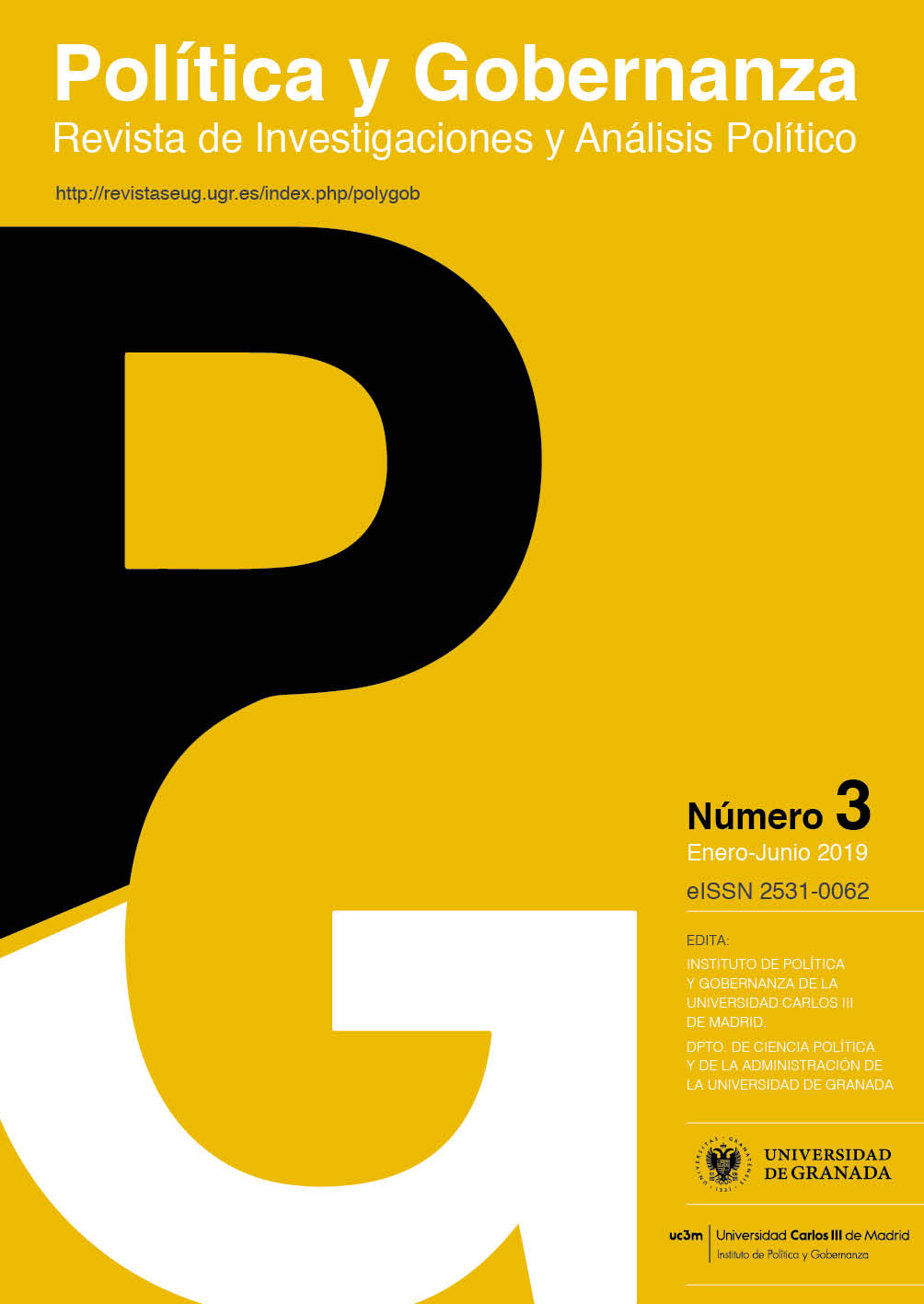Opinions about Parties, Coalitions and Candidates: Polls in Mexico City 2018
Main Article Content
Abstract
Presidential polls in Mexico in 2018 were especially complex, party coalitions were created, it was the first time independent candidates took part in president´s election and the third time Andrés Manuel Lopez Obrador supported by a new party (MORENA) was candidate. Having the objective to evaluate Mexico City citizen opinions about political institutions, candidacies and vote, here we present comparative results from two public opinion surveys from February 2017 and February 2018 (GEM-UAMX). Among other aspects considered 2012 presidential election votes and vote intention for 2018 were asked, involved politicians, coalitions, parties and independent candidacies sample participants wanted for Presidency were explored. These results are presented in context by means of a short review of the environment of parties and candidates, together with analysis of competitivity and alternance from the point of view of governance. Surveys were answered by men and women older than 18 years living in Mexico City, with samples of 480 questionnaires (confidence interval 80%, precision level ±3%) using no proportional quotes of 30 questionnaires by borough, which gives valid estimations for all the city and approximated by borough. Beside specific opinions presented in the text, a general conclusion is that citizens have a low level of trust in political parties, candidates (independent or not), coalitions and something very serious in the authorities and civil servants in charge of electoral processes and justice administration.



